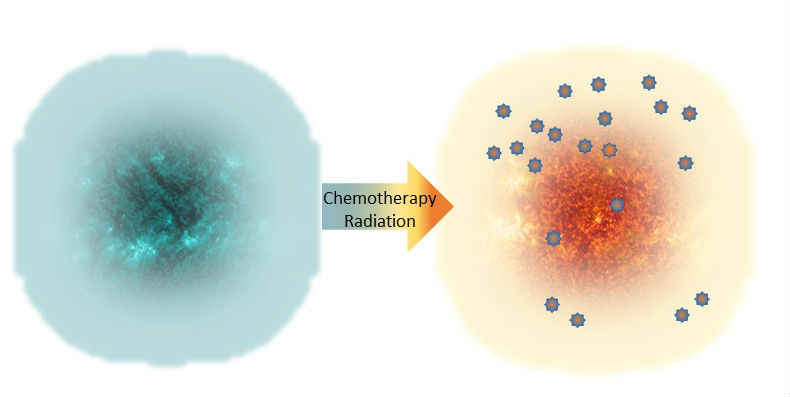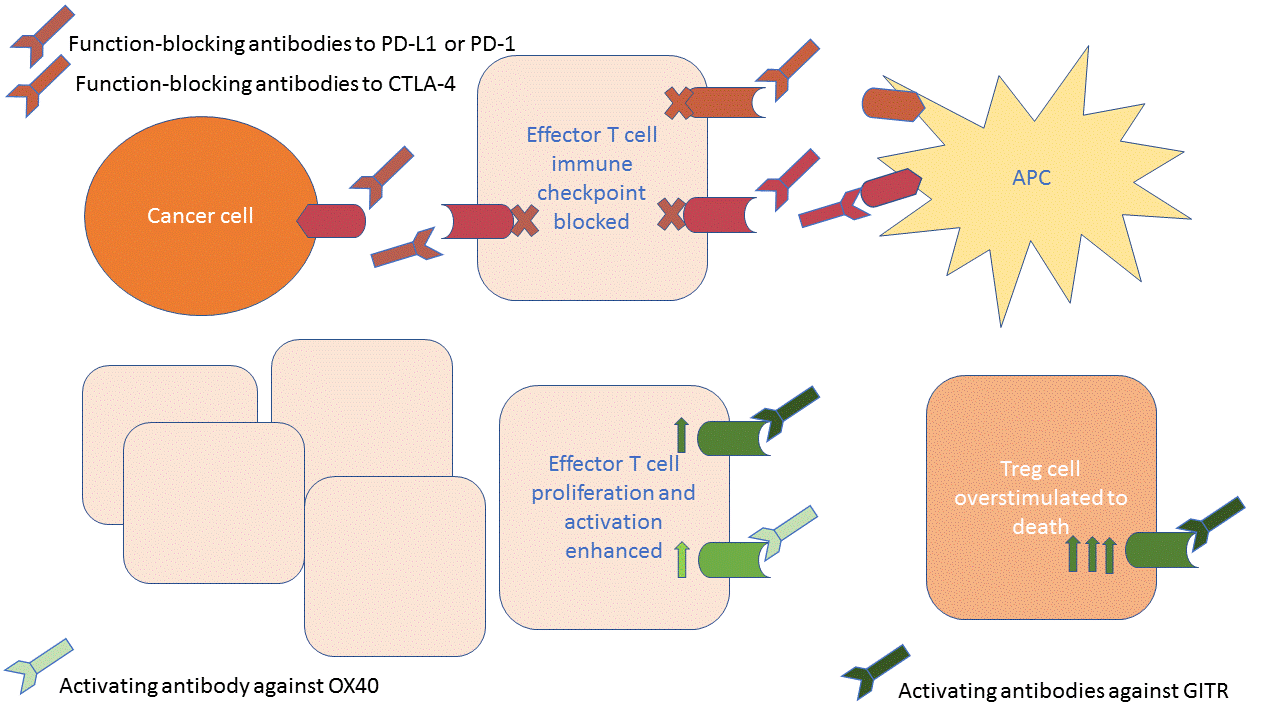Immune Checkpoint Inhibitor Super Responders
Efforts are underway to identify the molecular reasons why some patients exhibit an enduring response to immune checkpoint inhibitor therapy. These patients have been called “exceptional” responders or “super” responders. Some patients that have cancers with a lot of DNA mutations (high mutational burden) are better responders to immune checkpoint therapy compared with patients that … Read more





